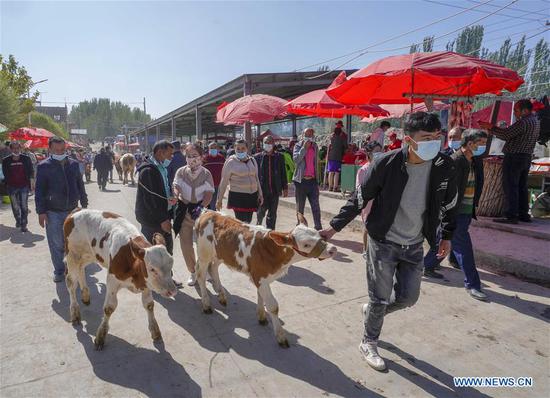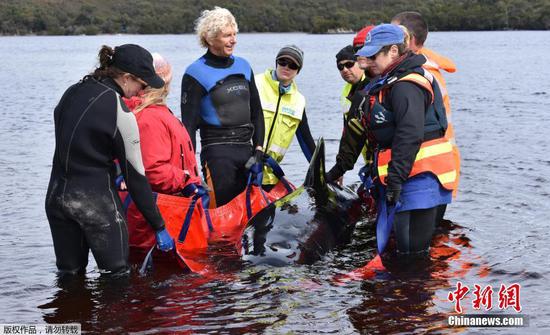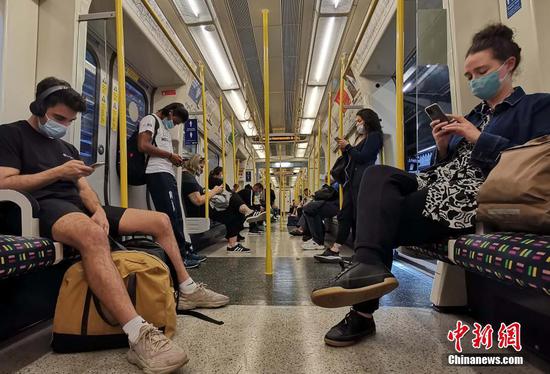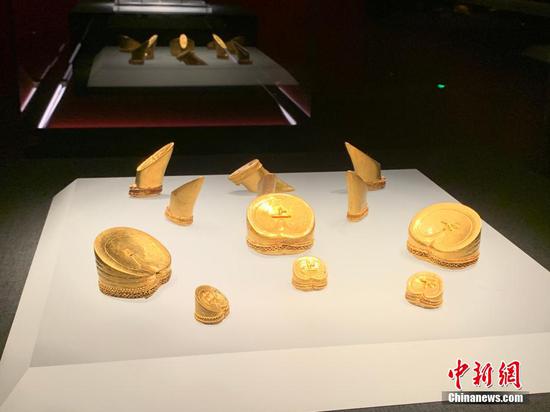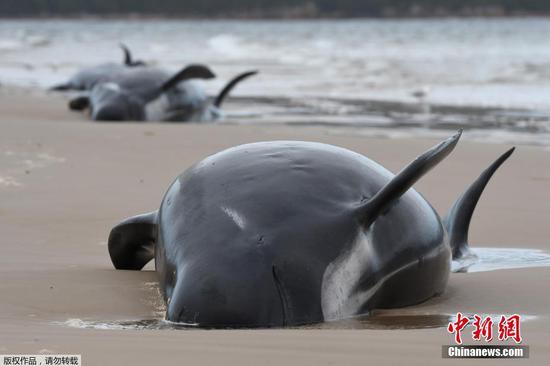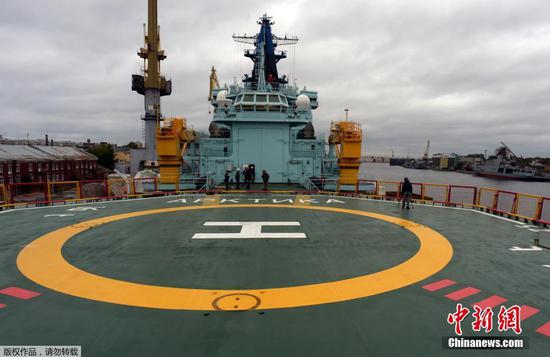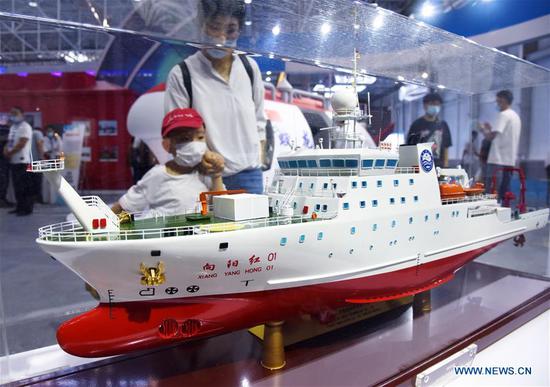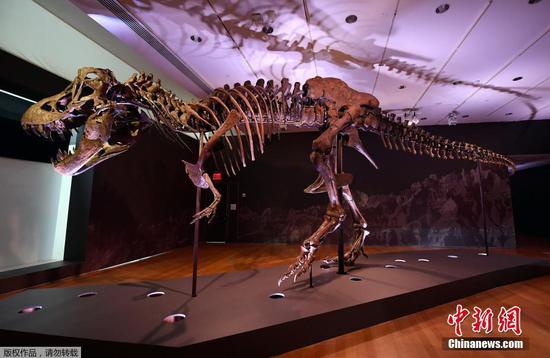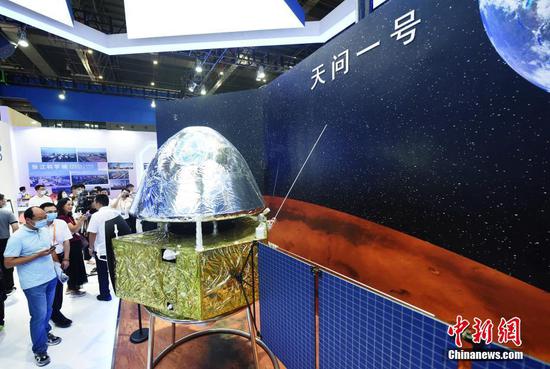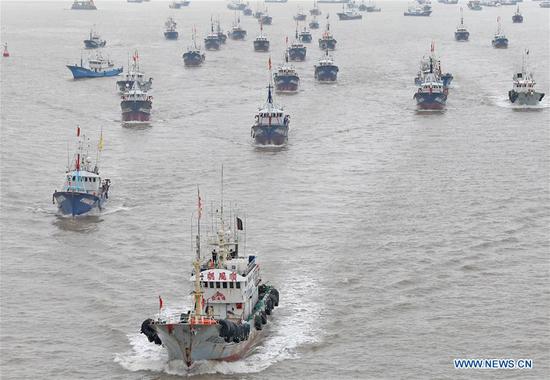
Photo taken on Sept. 24, 2020 shows the innovation exhibition zone of the INCLUSION Fintech Conference held in Shanghai, east China. (Xinhua/Fang Zhe)
As many small and medium-sized enterprises (SMEs) worldwide have been hit hard by the COVID-19 pandemic, fintech is expected to provide them opportunities to shake off the negative impact and thus inject new momentum into the global economic recovery.
Besides the demonstration of innovative applications of fintech in China, more than 40 online and offline sessions were held at the three-day INCLUSION Fintech Conference in Shanghai, covering global inclusion and openness, innovative fintech, global ecosystems and partners, and green solutions and sustainability.
Although the world economy remains shrouded in the gloomy shadow of the coronavirus, the financial inclusion and technological innovation brought by China's fintech industry have offered a silver lining.
CONNECTING GLOBAL MARKETS
Eric Jing, executive chairman of Chinese fintech firm Ant Group, described at the conference how an electronic trade platform can empower SMEs in Africa, with a cup of Rwandan coffee that he personally brewed.
The coffee beans were transported to China through the Electronic World Trade Platform (eWTP) initiative proposed by Alibaba. Despite the disruptions to transport caused by the pandemic, it takes less than a fortnight for the coffee beans to reach Chinese consumers from coffee farms in Rwanda.
"By cutting out the middlemen, the platform reduces costs. Coffee farmers in Africa can earn an additional four U.S. dollars for every kilogram they sell," Jing said.
Chili sauce, made in Rwanda, has also found its way to Chinese dinner tables through the eWTP.
Sami Farhad, senior director of the globalization office of Alibaba Group, said local young people in Rwanda are now more willing to return their hometowns to work because the average daily income of farmers there is five or six times what they used to earn in cities.
"Seizing opportunities to improve financial access was already a priority for countries worldwide before the pandemic. But it is even more urgent now because groups that already lack access are being hit particularly hard by COVID-19," said International Monetary Fund Managing Director Kristalina Georgieva.
According to Georgieva, under such circumstances, financial inclusion and fintech can help people to connect to opportunities and avoid slipping into poverty.
CUTTING-EDGE TECHNOLOGIES
Yuan Jing, a crystal glass merchant in Yiwu, a city in east China's Zhejiang Province and known as the "World's Supermarket," never thought that blockchain would one day play an important role in her work.
Ant Group on Friday unveiled Trusple, a digital international trade and financial service platform powered by AntChain, the company's blockchain-based technology solutions, at the INCLUSION Fintech Conference.
Trusple aims to make it easier and less costly for all users, especially SMEs, to sell their products and services to customers around the world. This innovative application of blockchain technology is designed to offset the lack of trust in transactions inherent within traditional cross-border trade and promote the smooth flow of global trade amid the pandemic.
During the pre-launch testing period conducted this month, Yuan completed the first transaction on the Trusple platform, sending a consignment of goods headed to Mexico.
Yuan said selling crystal glass to Africa and Latin America used to be a tough task for her -- customers would make a down payment of 30 percent and the last 30 percent of the payment would be received after one to two months, which always kept her on tenterhooks.
This time, however, Yuan received payment the day after the goods arrived in Mexico.
"With the help of Trusple, my business is expected to achieve a growth of at least 30 percent next year," said Yuan.
On the day Trusple was launched, Standard Chartered announced the successful completion of the first cross-border live transaction on the platform.
"SMEs around the world contribute up to 40 percent of GDP in emerging economies and are important contributors to job creation. By integrating our leading financial capabilities into the Trusple network, we have a real opportunity to facilitate these businesses' participation in the growing intra-Asia trade ecosystem and support the development of sustainable supply chains in the region," said Neil Daswani, global head of business banking and corporate partnerships at Standard Chartered.
Achim Steiner, administrator of the UN Development Programme, said during his video address to the opening ceremony of the INCLUSION Fintech Conference that some of the most visible "added value" of the digital revolution has been seen in the realm of fintech, which has the capacity to underpin positive changes.
"Now is the time for nations to seize upon the renewed global solidarity to fully harness the power of digital finance to build forward better," said Steiner.











